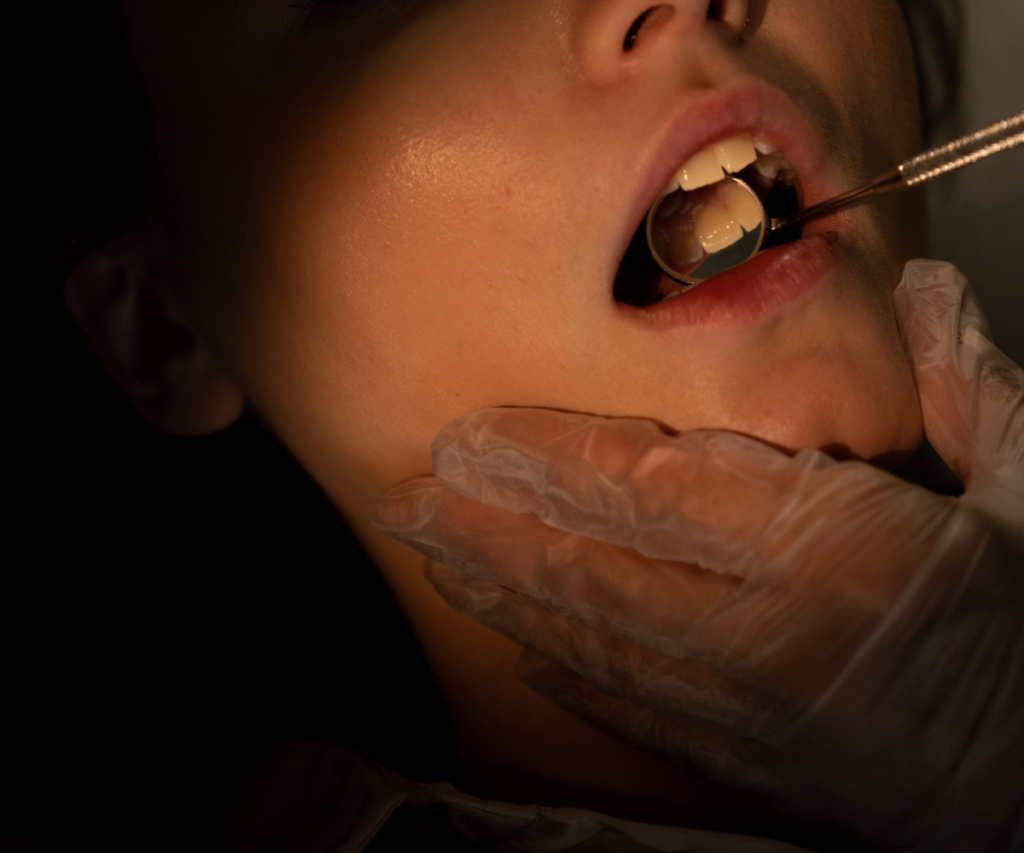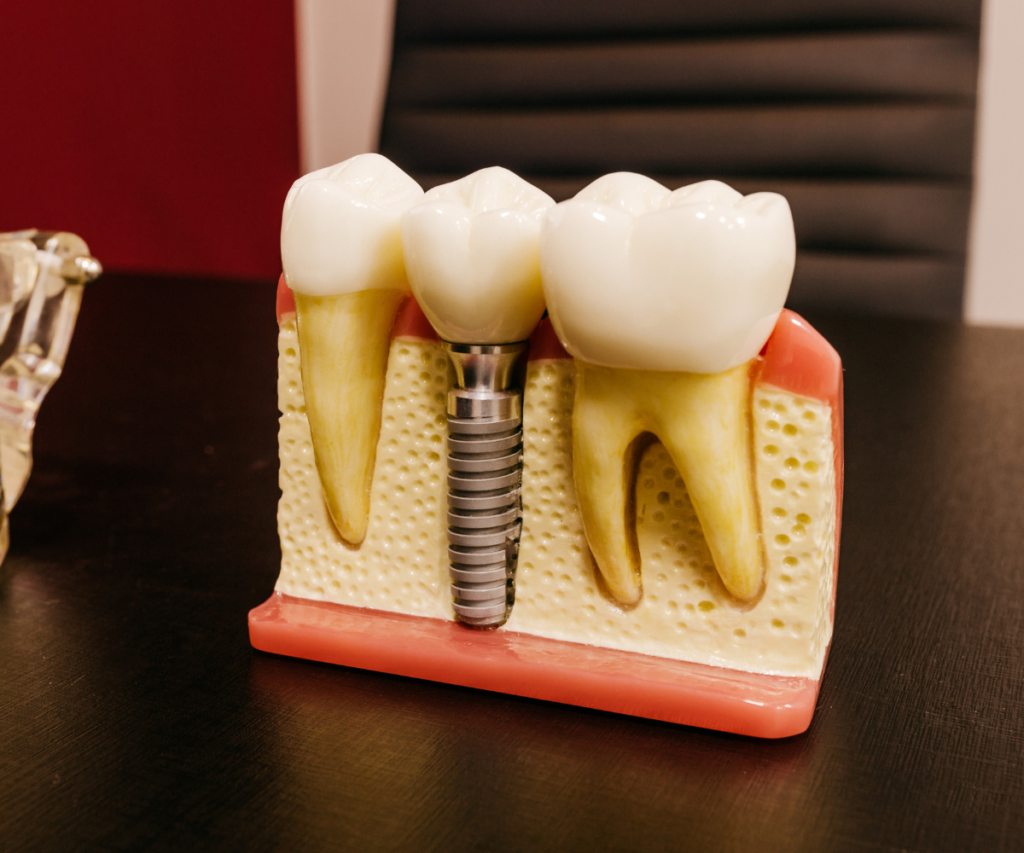Introduction: The Changing Landscape of NHS Dental Care in Wales

NHS dental care in Wales is set for major reforms starting April 2026, which will affect dental check-up intervals in Wales, patient management, and the way practices are funded. These changes aim to streamline care, improve preventive services, and ensure adults without apparent dental issues continue to receive regular monitoring. However, dental professionals have raised concerns about the impact on early detection of problems and overall patient health.
Centralized Waiting Lists and Patient Management
The proposed system will establish a centralized waiting list for adult dental care across health boards. Patients will be allocated appointments for check-ups on a rolling basis, meaning that individuals may be scheduled at different clinics within their local health board area. While this approach seeks to maximize efficiency and reduce local shortages, critics argue that it may disrupt continuity of care.
Follow-up treatments are planned to occur at the same surgery, but patients would return to the central registry afterward. This system is intended to streamline appointment allocation and reduce administrative burdens, yet it raises questions about the quality and consistency of patient-dentist relationships.
Recall Intervals and Preventive Care
Under the new policy, patients without obvious dental problems may be recalled every 18 to 24 months, in accordance with NICE guidelines. Previously, routine dental check-ups could occur more frequently, allowing dentists to monitor oral health and intervene early when issues arose.
Experts warn that longer recall intervals may compromise the early detection of tooth decay, gum disease, and even oral cancer. Regular examinations play a crucial role in maintaining overall health, as dental professionals can identify signs of systemic conditions during routine visits.
Funding Reforms: From Per-Visit Payments to Fixed Support
The financial model for NHS dental practices in Wales is also set to change. Instead of being paid per patient visit, practices will receive a fixed amount to support ongoing care for healthy patients. While this model encourages preventive care, some dentists fear it may reduce incentives to identify and treat more complex issues.
Dentists’ Perspectives: Workload and Challenges
Many dental professionals in Wales are expressing concern about the sustainability of NHS work under the new system. Dr. May Bassett, a dentist in Abercynon, highlights that emergency care is currently the primary mode of treatment. Patients often present with advanced dental issues that could have been prevented with earlier intervention.
“Many patients come in with teeth beyond the point of repair. The system is increasingly moving towards extraction rather than restorative care,” says Dr. Bassett.
The pressure on dentists has led to an increasing trend toward private practice. NHS dentists face high patient loads, and the per-visit payment model often results in financial losses. Without sufficient support, there is a risk of a mass exodus from NHS dentistry, further limiting access for patients who rely on public healthcare.
Social Implications of Limited Access

The reform is not only a clinical issue but also a social one. Patients who cannot afford private dental care may experience worsening oral health, which can have long-term consequences for overall well-being. Poor oral health is linked to heart disease, diabetes, and other chronic conditions, underscoring the importance of accessible dental services for all socioeconomic groups.
“The new system could create a social divide, where only those who can afford regular private care maintain good oral health,” warns Dr. Bassett.
Patient Experiences: Waiting Lists and Barriers to Care
Many residents in Wales are struggling to find NHS dentists. For example, Samar Salih has been on a waiting list for two years, dealing with severe dental issues and infections. She shares the emotional toll of not being able to smile confidently due to untreated dental problems.
These personal stories highlight the urgent need for reforms that prioritize accessibility and patient-centered care.
Payment Structures for NHS Dental Treatment
Alongside changes to recall intervals, general fee rates for NHS dentists will rise from £135 to £150. Patients paying for NHS treatment will cover half the costs, capped at £384. Certain groups, such as children under 18, pregnant women, hospital patients, and individuals receiving specific benefits, remain exempt from charges.
Balancing Preventive Care and Emergency Treatment
A critical challenge for policymakers is balancing preventive care with emergency treatment. Emergency-only models often lead to tooth extractions rather than restorative treatments. This reactive approach not only affects oral health but can also increase long-term healthcare costs due to the systemic impacts of poor dental hygiene.
The Role of Preventive Dentistry
Preventive dentistry encompasses education, regular check-ups, and early intervention. By identifying potential issues before they escalate, dental professionals can provide treatments that preserve teeth and reduce the need for invasive procedures. Extended recall intervals may undermine these efforts, especially in vulnerable populations.
Oral Health and General Health: An Interconnected Relationship
Dental health significantly impacts overall well-being. Untreated dental issues can lead to infections, cardiovascular disease, diabetes complications, and even cognitive decline in older adults. Access to consistent dental care ensures that oral health is maintained, directly influencing quality of life.
Future Outlook: Challenges and Opportunities
The upcoming reforms in Wales present both opportunities and challenges:
- Opportunities: Centralized waiting lists may streamline patient management, fixed payments could encourage preventive care, and fee increases can provide better support to practices.
- Challenges: Extended recall intervals, high workloads for dentists, and ongoing shortages may exacerbate inequalities in oral health access.
Dental professionals, patients, and policymakers must collaborate to ensure that reforms achieve their intended goals without compromising care quality.https://www.itv.com/watch/news/what-does-the-nhs-wales-dental-shake-up-mean-for-you/fqzzwk9
Strategies to Improve Access and Patient Outcomes
- Community Dental Initiatives: Mobile dental units and outreach programs can target underserved areas.
- Tele-Dentistry: Virtual consultations can provide guidance and early diagnosis for minor issues.
- Public Awareness Campaigns: Education on oral hygiene and preventive practices reduces long-term disease burden.
- Workforce Planning: Incentives to retain NHS dentists and reduce burnout are crucial for sustainability.
- Integration with General Health Services: Coordinated care between dental and medical professionals ensures holistic patient management.
Conclusion: Toward a Balanced Dental Care System
The reforms to NHS dental care in Wales represent a significant shift in how dental services are delivered, funded, and accessed. While the goals of efficiency and preventive care are commendable, careful attention must be paid to maintaining quality, equity, and early detection capabilities. Ensuring that all patients, regardless of socioeconomic status, have access to essential dental services will be critical to the long-term success of the system.
By addressing workload challenges, supporting dentists, and implementing patient-centered strategies, Wales can build a dental care system that balances prevention, accessibility, and quality outcomes for generations to come.Introduction: The Changing Landscape of NHS Dental Care in Wales
NHS dental care in Wales is on the brink of significant reform, set to take effect from April 2026. These changes aim to streamline patient management, alter recall intervals for healthy patients, and adjust financial structures to support dental practices. With a focus on preventive care, the Welsh government is introducing new systems designed to ensure that every adult has access to dental check-ups within a centralized framework. However, these adjustments also raise concerns among dental professionals regarding the potential consequences for early diagnosis and patient well-being.
Centralized Waiting Lists and Patient Management

The proposed system will establish a centralized waiting list for adult dental care across health boards. Patients will be allocated appointments for check-ups on a rolling basis, meaning that individuals may be scheduled at different clinics within their local health board area. While this approach seeks to maximize efficiency and reduce local shortages, critics argue that it may disrupt continuity of care. dental check-up intervals Wales
Follow-up treatments are planned to occur at the same surgery, but patients would return to the central registry afterward. This system is intended to streamline appointment allocation and reduce administrative burdens, yet it raises questions about the quality and consistency of patient-dentist relationships.
Recall Intervals and Preventive Care
Under the new policy, patients without obvious dental problems may be recalled every 18 to 24 months, in accordance with NICE guidelines. Previously, routine dental check-ups could occur more frequently, allowing dentists to monitor oral health and intervene early when issues arose.
Experts warn that longer recall intervals may compromise the early detection of tooth decay, gum disease, and even oral cancer. Regular examinations play a crucial role in maintaining overall health, as dental professionals can identify signs of systemic conditions during routine visits. dental check-up intervals Wales
Funding Reforms: From Per-Visit Payments to Fixed Support
The financial model for NHS dental practices in Wales is also set to change. Instead of being paid per patient visit, practices will receive a fixed amount to support ongoing care for healthy patients. While this model encourages preventive care, some dentists fear it may reduce incentives to identify and treat more complex issues.
Dentists’ Perspectives: Workload and Challenges
Many dental professionals in Wales are expressing concern about the sustainability of NHS work under the new system. Dr. May Bassett, a dentist in Abercynon, highlights that emergency care is currently the primary mode of treatment. Patients often present with advanced dental issues that could have been prevented with earlier intervention. dental check-up intervals Wales
“Many patients come in with teeth beyond the point of repair. The system is increasingly moving towards extraction rather than restorative care,” says Dr. Bassett.
The pressure on dentists has led to an increasing trend toward private practice. NHS dentists face high patient loads, and the per-visit payment model often results in financial losses. Without sufficient support, there is a risk of a mass exodus from NHS dentistry, further limiting access for patients who rely on public healthcare.
Social Implications of Limited Access
The reform is not only a clinical issue but also a social one. Patients who cannot afford private dental care may experience worsening oral health, which can have long-term consequences for overall well-being. Poor oral health is linked to heart disease, diabetes, and other chronic conditions, underscoring the importance of accessible dental services for all socioeconomic groups.
“The new system could create a social divide, where only those who can afford regular private care maintain good oral health,” warns Dr. Bassett.
Patient Experiences: Waiting Lists and Barriers to Care
Many residents in Wales are struggling to find NHS dentists. For example, Samar Salih has been on a waiting list for two years, dealing with severe dental issues and infections. She shares the emotional toll of not being able to smile confidently due to untreated dental problems. dental check-up intervals Wales
These personal stories highlight the urgent need for reforms that prioritize accessibility and patient-centered care.
Payment Structures for NHS Dental Treatment
Alongside changes to recall intervals, general fee rates for NHS dentists will rise from £135 to £150. Patients paying for NHS treatment will cover half the costs, capped at £384. Certain groups, such as children under 18, pregnant women, hospital patients, and individuals receiving specific benefits, remain exempt from charges.
Balancing Preventive Care and Emergency Treatment
A critical challenge for policymakers is balancing preventive care with emergency treatment. Emergency-only models often lead to tooth extractions rather than restorative treatments. This reactive approach not only affects oral health but can also increase long-term healthcare costs due to the systemic impacts of poor dental hygiene.
The Role of Preventive Dentistry
Preventive dentistry encompasses education, regular check-ups, and early intervention. By identifying potential issues before they escalate, dental professionals can provide treatments that preserve teeth and reduce the need for invasive procedures. Extended recall intervals may undermine these efforts, especially in vulnerable populations.
Oral Health and General Health: An Interconnected Relationship
Dental health significantly impacts overall well-being. Untreated dental issues can lead to infections, cardiovascular disease, diabetes complications, and even cognitive decline in older adults. Access to consistent dental care ensures that oral health is maintained, directly influencing quality of life.
Future Outlook: Challenges and Opportunities
The upcoming reforms in Wales present both opportunities and challenges:
- Opportunities: Centralized waiting lists may streamline patient management, fixed payments could encourage preventive care, and fee increases can provide better support to practices.
- Challenges: Extended recall intervals, high workloads for dentists, and ongoing shortages may exacerbate inequalities in oral health access.
Dental professionals, patients, and policymakers must collaborate to ensure that reforms achieve their intended goals without compromising care quality. dental check-up intervals Wales
Strategies to Improve Access and Patient Outcomes

- Community Dental Initiatives: Mobile dental units and outreach programs can target underserved areas.
- Tele-Dentistry: Virtual consultations can provide guidance and early diagnosis for minor issues.
- Public Awareness Campaigns: Education on oral hygiene and preventive practices reduces long-term disease burden.
- Workforce Planning: Incentives to retain NHS dentists and reduce burnout are crucial for sustainability.
- Integration with General Health Services: Coordinated care between dental and medical professionals ensures holistic patient management. dental check-up intervals Wales
Conclusion: Toward a Balanced Dental Care System
The reforms to NHS dental care in Wales represent a significant shift in how dental services are delivered, funded, and accessed. While the goals of efficiency and preventive care are commendable, careful attention must be paid to maintaining quality, equity, and early detection capabilities. Ensuring that all patients, regardless of socioeconomic status, have access to essential dental services will be critical to the long-term success of the system.
By addressing workload challenges, supporting dentists, and implementing patient-centered strategies, Wales can build a dental care system that balances prevention, accessibility, and quality outcomes for generations to come.





Very well presented. Every quote was awesome and thanks for sharing the content. Keep sharing and keep motivating others.